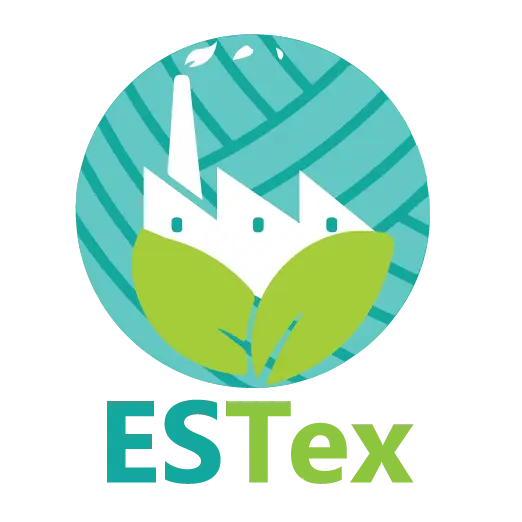Activities
Chemical Survey: Chemical Mapping
A comprehensive survey is being conducted to analyze the type and quantities of chemicals consumed in the local textile industries, local production and export-import data of different chemicals. A database will be developed indicating the type, quantity, origins (import or local production), transportation, storage condition, handling, usages (production or wastewater treatment) and hazard factors of the chemicals consumed in the local textile industries to comply with relevant goals under the Sustainable Development Goals (SDGs).
Workshops, Seminars and Training on Chemical Safety, Management
The Department of Chemical Engineering, BUET will take the lead in chemical safety stewardship, and arranging seminars, workshops, and training for local industries (management and operators), chemical manufacturers, and suppliers. These events will be designed to cover fundamentals of chemical safety and management, key features of Responsible Care in Chemical Sector and ZDHC, Occupational Health and Safety (OH&S). In addition, two (2) chemical and safety audits will be performed in textile industries.
Laboratory Analysis of Toxic and Restricted Substances in Chemicals: Capacity Building of Local Laboratories
In response to demand and requests from textile industries, this project is working to provide support for ZDHC, RSL, MRSL listed chemical testing with Department of Chemical Engineering, BUET. Under this activity, training programmes will also be organized to educate laboratory technicians on new chemicals, parameters and equipment. In addition, a list of existing local laboratories that perform analysis of toxic and restricted substances, parameters typically measured, services and price of services offered will be developed to comply with SDGs.
Sludge Characterization and Management: Sludge Mapping
This Activity is currently analyzing the characteristics of the solid sludge, categorizing them based on the applied production processes (knit dyeing, woven dyeing, denim dyeing, denim wash, sweater, etc.) and effluent treatment techniques (physico-chemical, physico-chemical-biological, biological, etc), and developing a database of ETP sludge characteristics. These analyses will help local industries to choose suitable sludge management option(s) and ensure the right method of disposal as a part of local capacity building.
Wastewater Management: Capacity Building and Promoting Local Innovation
To improve domestic technology development and local capacity building of textiles, training and workshops specially designed for factory ETP management and operators are being arranged. The training programmes will cover Industrial Pollution, Legislations and Standards, Cleaner Production Options, Choosing, Managing and Monitoring ETP, Flow Segregation Options of ETP, Water Recycle and Zero Liquid Discharge, Performance Indicators and In-house Water Testing, and Solid Waste Management.
